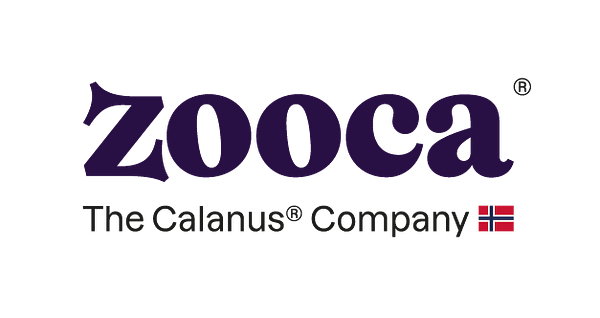Pressemelding -
Calanus develops innovative zooplankton harvesting technology
Calanus As has taken a new step towards an emerging technology development targeting oceanic harvesting of Calanus finmarchicus- the number one source of omega-3.
Norway, Tromsø, October 24, 2019
Harvesting of Calanus finmarchicus in oceanic waters gained momentum ensuing Norwegian Government's decision in 2019 to open up for commercial harvesting of Calanus finmarchicus. A total annual quota of 254.000 tons were allocated, where 3.000 tons were made available to coastal waters. This decision heralds a disruptive shift in zooplankton harvesting technology. Harvesting zooplankton in oceanic waters is fundamentally different compared to coastal regions due to a more homogenous dispersion and a lower average concentration of biomass. The challenge is how to aggregate sufficient biomass in the surface before it is collected by a plankton trawl.
In 2018, Calanus As and a consortium of industrial and scientific partners initiated the R&D project OASIS2 . The core objective of this project was to develop a new generation zooplankton trawls, along with integrated continuous onboard pumping of biomass and bycatch mitigation devices. The disruptive technology shift is focused on the aeration of the water column in front of the trawl, elevating zooplankton biomass to the surface. Compressed air and aeration at depth will induce a local, artificial upwelling zone, elevating biomass from 40-50 meters up to the surface, where it is further scooped up by a shallow and wide trawl.
«We have a continuous focus on the environment throughout our operations, and have implemented policies and routines that ensures low waste and carbon emissions during harvesting and manufacturing, along with eco-friendly harvesting technology with very low bycatch rates”, says Head of Technology and Sustainability Ole Petter Pedersen, PhD. He continues: “Development of this new and disruptive harvesting technology means higher harvesting yields and even lower bycatch rates, as well as less CO2 emission per kg harvested zooplankton. Environmental responsibility is of major importance in our practices”.
In September 2019, scale model trials of system components were conducted in the flume tank in Hirtshals, Denmark. The main objective was to test and evaluate design prototypes, measure hydrodynamics forces and recommend future modifications. Data and results are currently being analyzed.
This technology development signifies a new approach towards a sustainable and eco-friendly harvesting of Calanus finmarchicus, in regions with low abundance of fish larvae and juveniles.
This industrial R&D project is partially funded by the Norwegian Research Council through the MAROFF-2 program, and the complete, integrated system will be sold by NOFI AS.
For more information, contact Head of technology and sustainability Dr. Ole Petter Pedersen on phone +47 901 51 140, e-mail olep@calanus.no or visit the Calanus website www.calanus.com.
Related links
Emner
Calanus As is a biomarine company pioneering harvesting and utilization of the crustacean Calanus finmarchicus, and is well positioned to play a key role in industrialization of the entire value chain for through its intellectual property rights. Calanus As develops functional health- and nutrition ingredients for humans and animals exclusively from this valuable raw material. The Company’s main product is Calanus® Oil, an ecologically sustainable source of omega-3 fatty acids for humans. Calanus® Oil has unique composition and has shown benefits like improved insulin sensitivity, reduced deposition of intra-abdominal fat and powerful anti-inflammatory effects.


